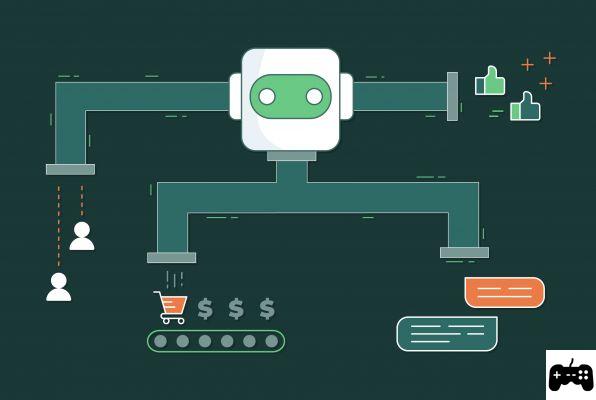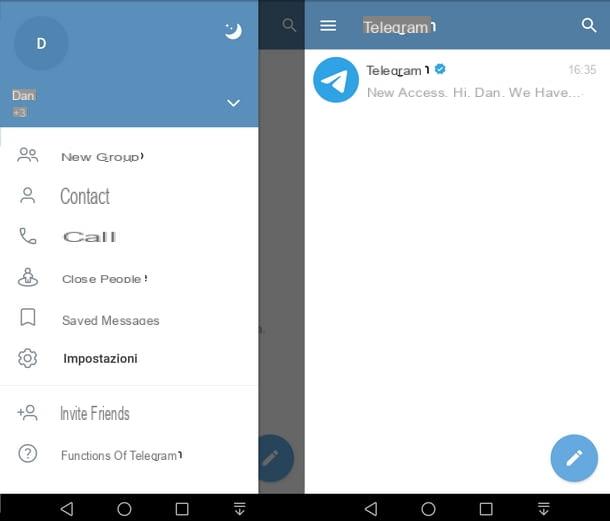
Introduction
In the digital age we live in, bots have become an integral part of our online lives. These automated programs can perform a variety of tasks, from answering questions to completing online transactions. In this article, we will explore what bots are, their definitions, explanations, types, functions, what they are for, how they work, advantages, success stories and why it is important to be careful with them.
What are bots?
Bots, also known as software agents, are computer programs designed to perform specific tasks automatically. These programs can interact with human users or other bots, and can be programmed to perform a wide range of functions.
Types of bots
There are different types of bots, each with its own characteristics and functions. Some of the most common types include:
- Chat Bots: These bots are designed to interact with human users through online chats. They can answer questions, provide information and carry out transactions.
- Web crawling bots: These bots are used to collect information from websites in an automated manner. They can be used to index web pages or collect data for analysis.
- Social Media Bots: These bots are designed to interact with users on social media platforms. They can follow users, like posts, and send automated messages.
- Malicious bots: These bots are created with malicious intentions, such as spreading spam, stealing personal information, or carrying out cyber attacks.
Features and benefits of bots
Bots can perform a variety of useful functions in different contexts. Some of the most common features and benefits of bots include:
- Automation of repetitive tasks: Bots can perform repetitive tasks more efficiently and quickly than humans.
- Customer support: Chatbots can provide quick and accurate responses to customer queries, improving user experience.
- Data Collection: Web crawling bots can collect data in an automated manner, which can be useful for analysis and decision making.
- Social Media Engagement: Social media bots can help increase visibility and engagement on platforms like Twitter and Instagram.
Precautions when using bots
Although bots can be useful tools, it is also important to exercise caution when using them. Some precautions to keep in mind include:
- Data security: It is important to ensure that bots do not access sensitive information or share it inappropriately.
- Transparency: If using a chatbot, it is important to inform users that they are interacting with an automated program rather than a human.
- Ethics: Bots should not be used to spread false or misleading information, or to carry out illegal activities.
- Monitoring: It is important to regularly monitor and update your bots to ensure they continue to function properly and meet their stated goals.
FAQs
Can bots completely replace humans?
No, bots cannot completely replace humans. Although they can perform automated tasks efficiently, there are still many tasks that require human intervention, such as complex decision making or empathy in customer service.
How can I protect myself from malicious bots?
To protect yourself from malicious bots, it's important to take online security measures, such as keeping your passwords secure, not clicking on suspicious links, and using up-to-date antivirus software. Additionally, it is advisable to keep an eye out for suspicious messages and requests on social media platforms.
Conclusion
In short, bots are computer programs designed to perform specific tasks automatically. They can perform a variety of useful functions in different contexts, from customer service to data collection. However, it is also important to exercise caution when using bots and ensure that they are used ethically and safely. By understanding what bots are, their types, functions, and precautions, we can make the most of their potential while protecting our online security.
Until next time,
The fordatarecovery.com team


























